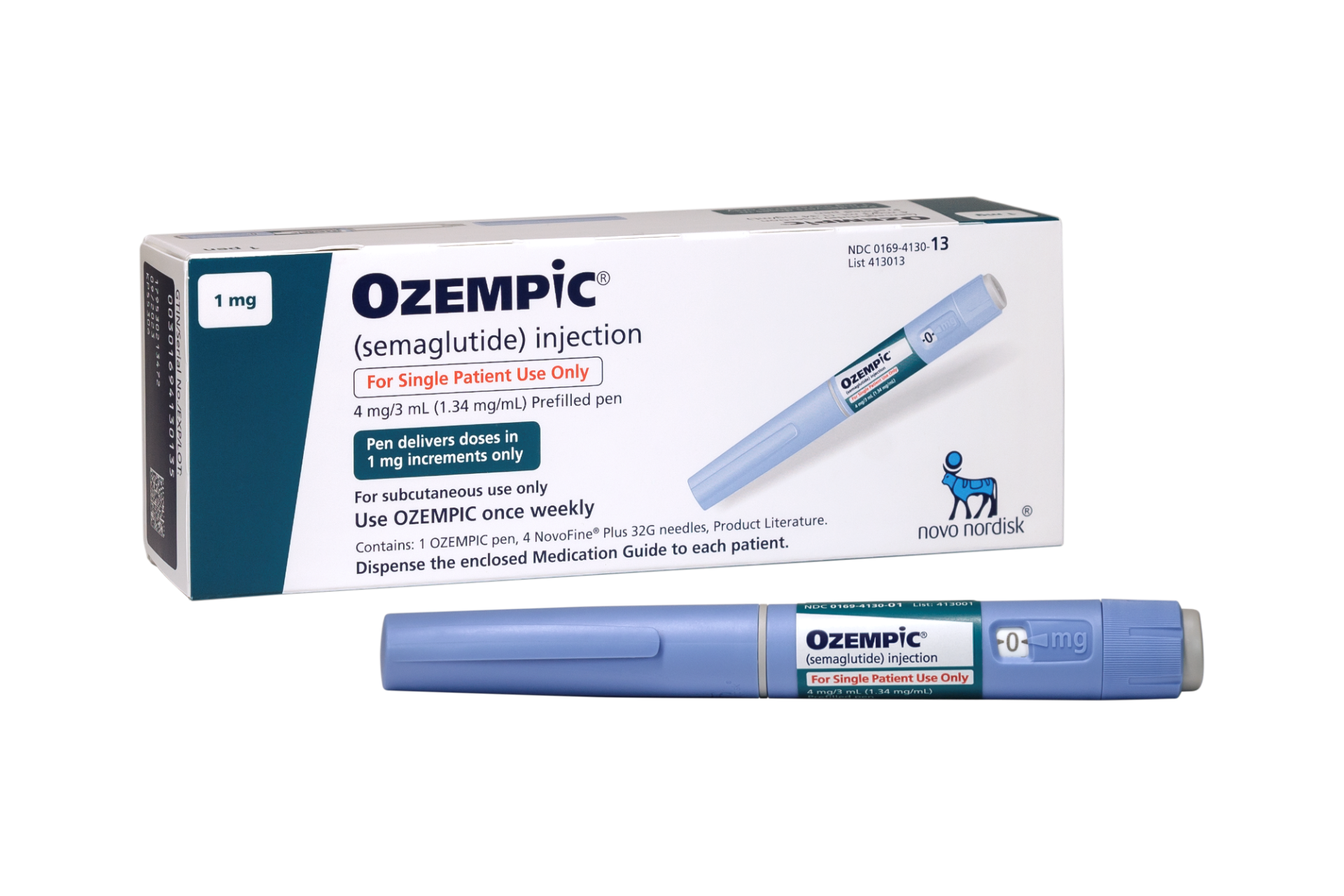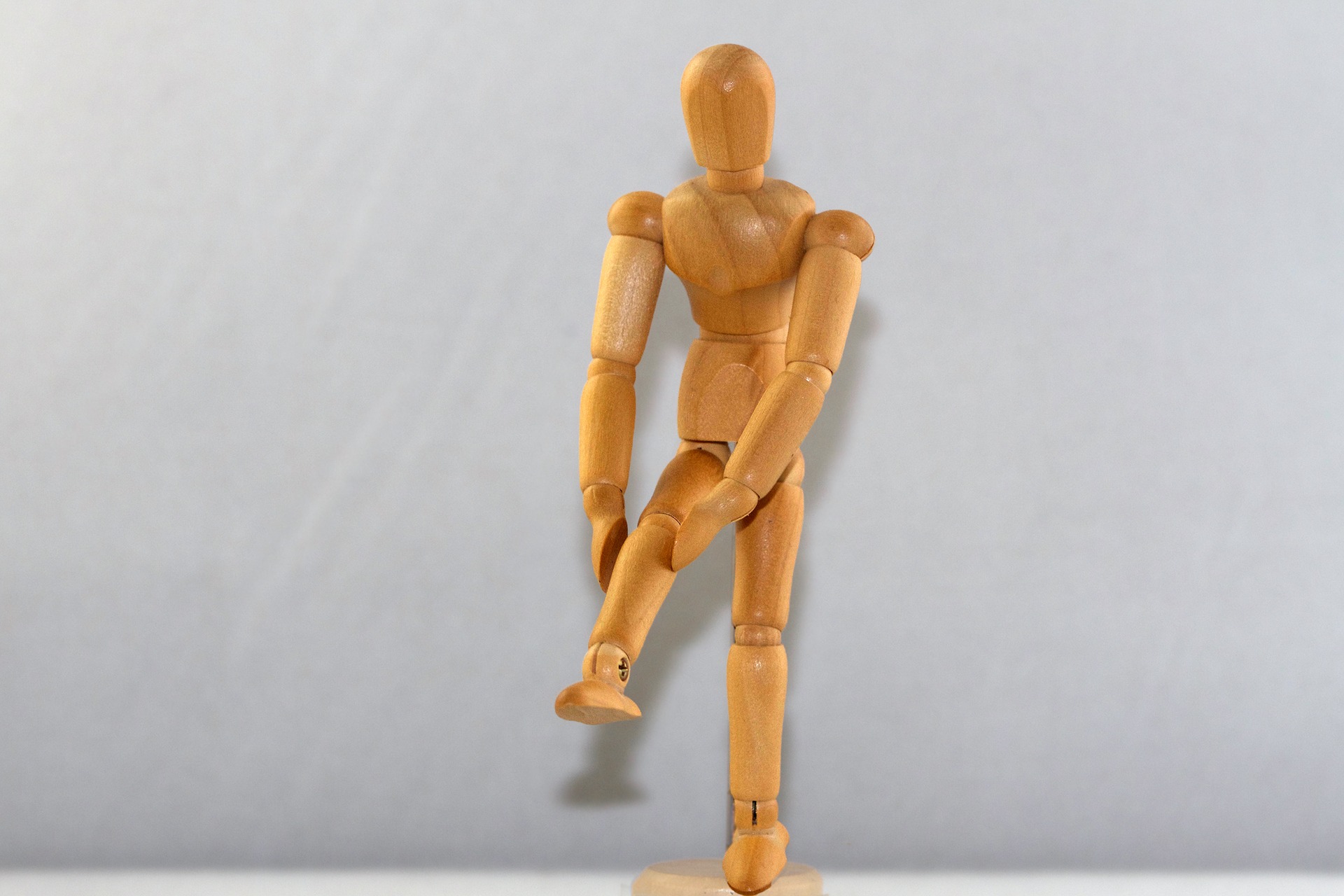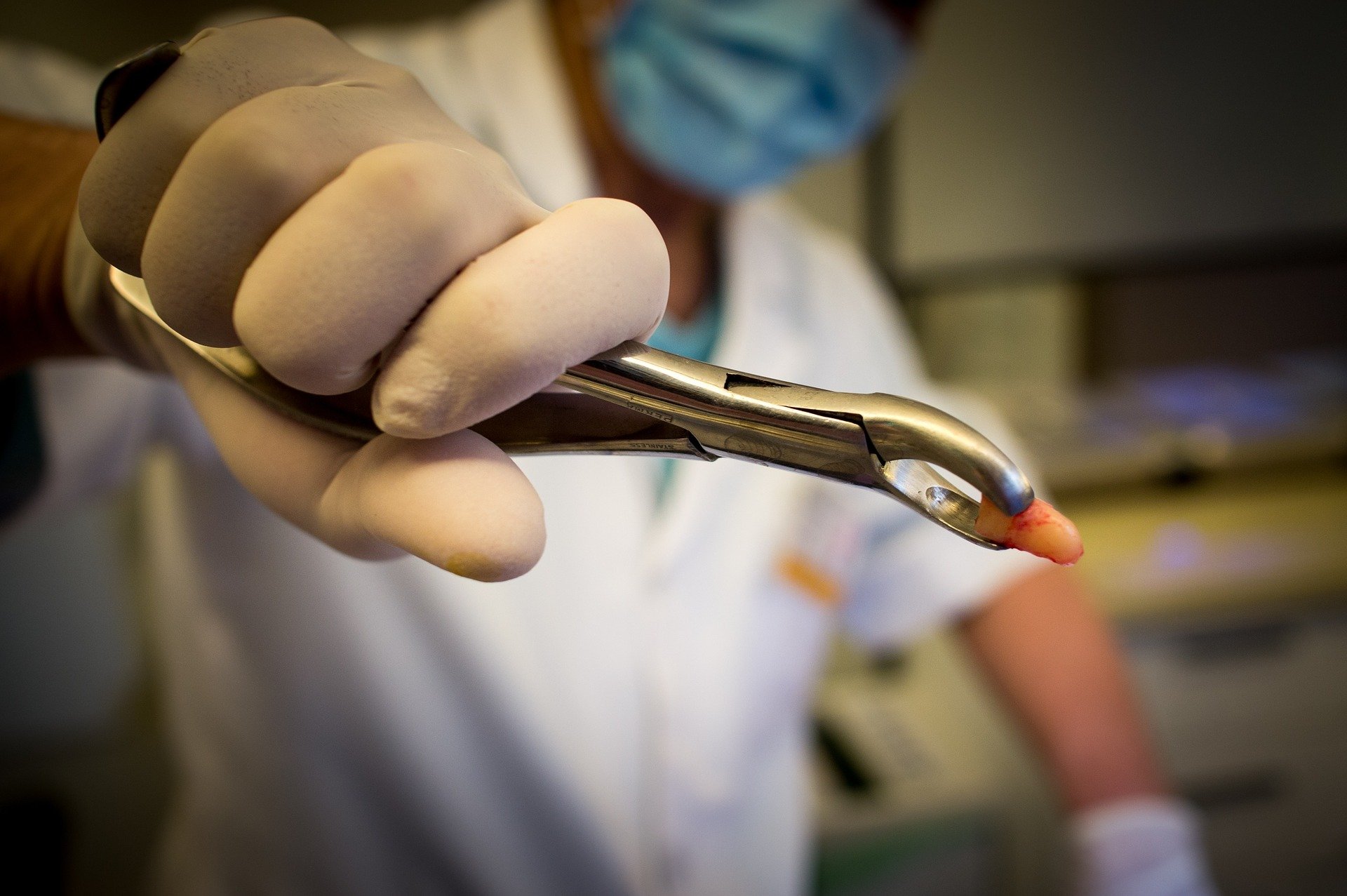A few weeks ago I had my 2-year follow-up consultation with the Bariatric team at St Vincents. I mentioned that I was concerned that I was regaining weight after losing 40kg after my gastric bypass.
They suggested that I might like to try a drug treatment to see if that helped me out, which was Ozempic (also known as Semaglutide or Wegovy). It’s a medication often used for the management of Type 2 Diabetes – but is also used for long-term weight management.
The drug is NOT cheap. It costs €150 per month, and (for weight loss usage) it’s not covered under the Drug Payment Scheme here in Ireland. However I am in a financial position to be able to afford it, so I decided to give it a go.
So far I’ve been on it for 6 weeks, and my appetite has definitely decreased – and as such I’ve started (very slowly) to lose weight again.
When starting on the drug, it’s common to start at a low dose and gradually increase it over time, as some people don’t tolerate it very well. The dosage is:
- Month 1 – 0.25mg / week
- Month 2 – 0.5mg / week
- Month 3 onwards – 1mg / week
I’m currently on the 0.5mg dosage, and I’m tolerating it fairly well. The only obvious side-effect is a feeling of nausea every now and again – but this has the knock-on effect of reducing my appetite, so maybe it’s a good thing ?!?





Leave a Comment